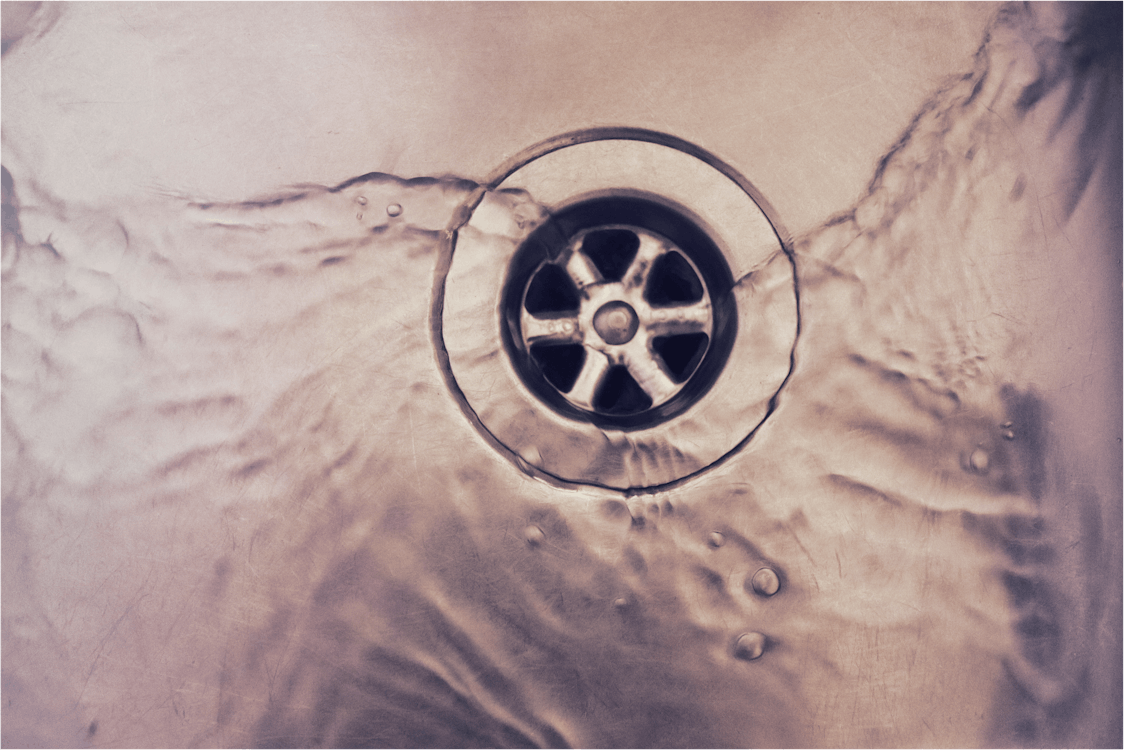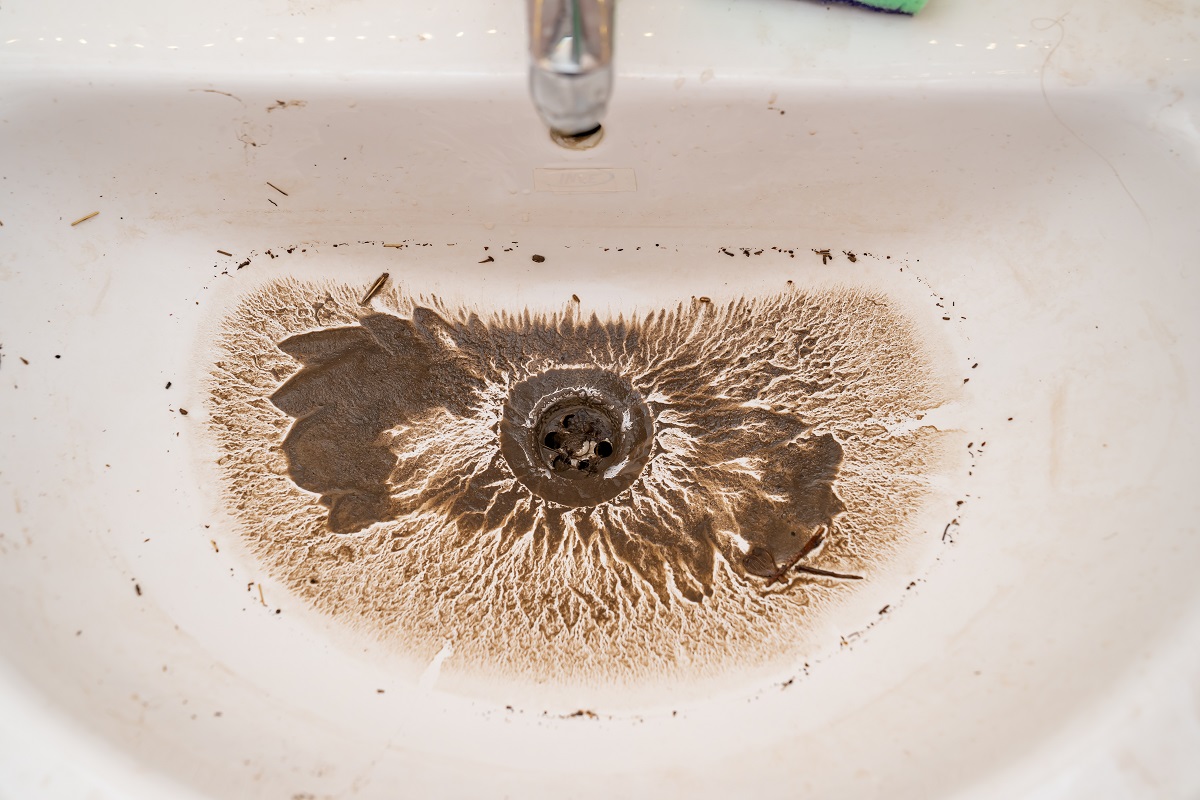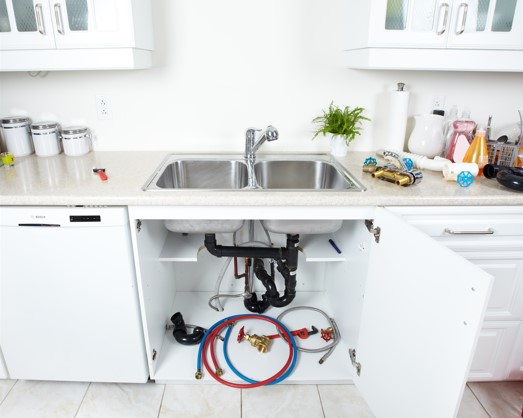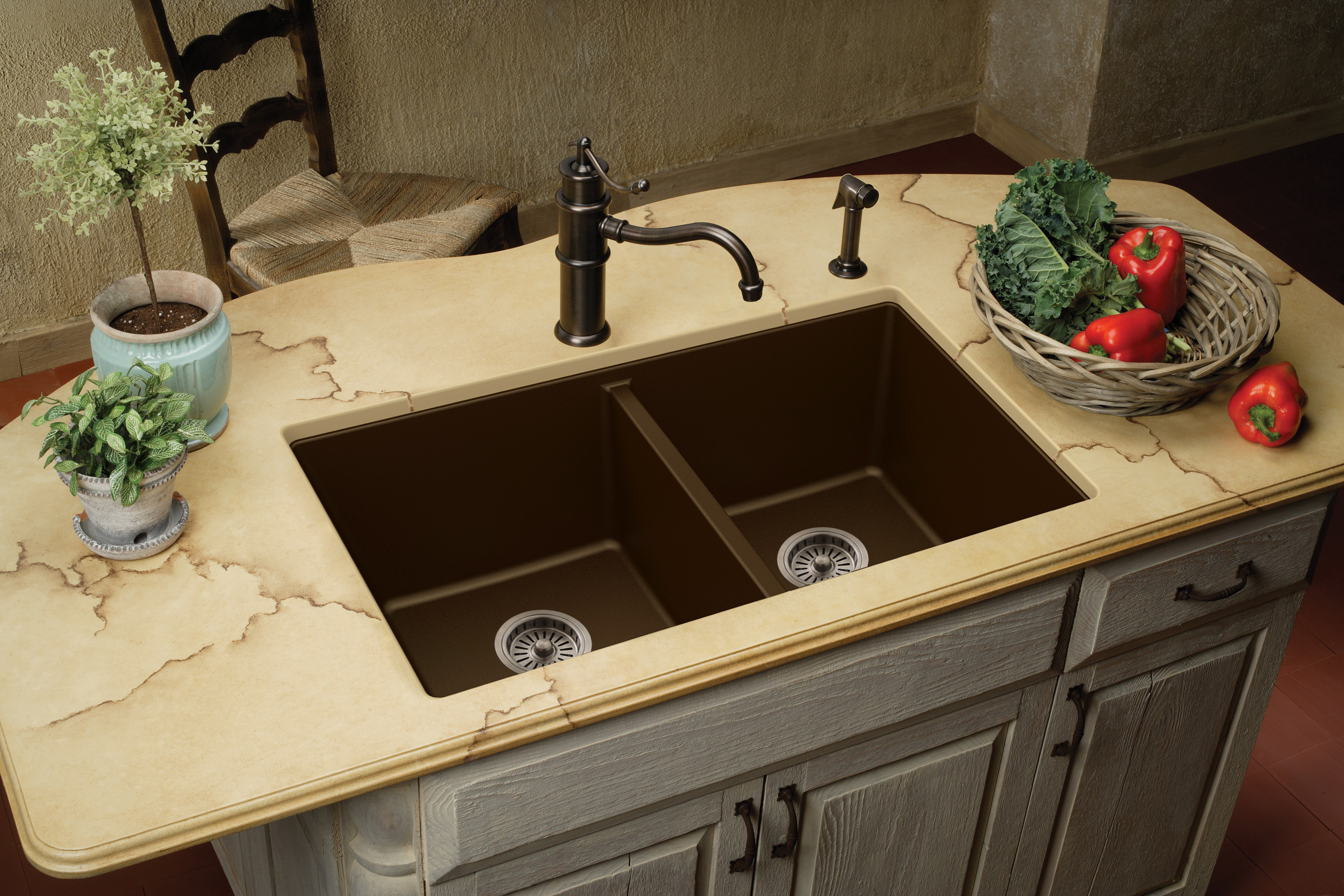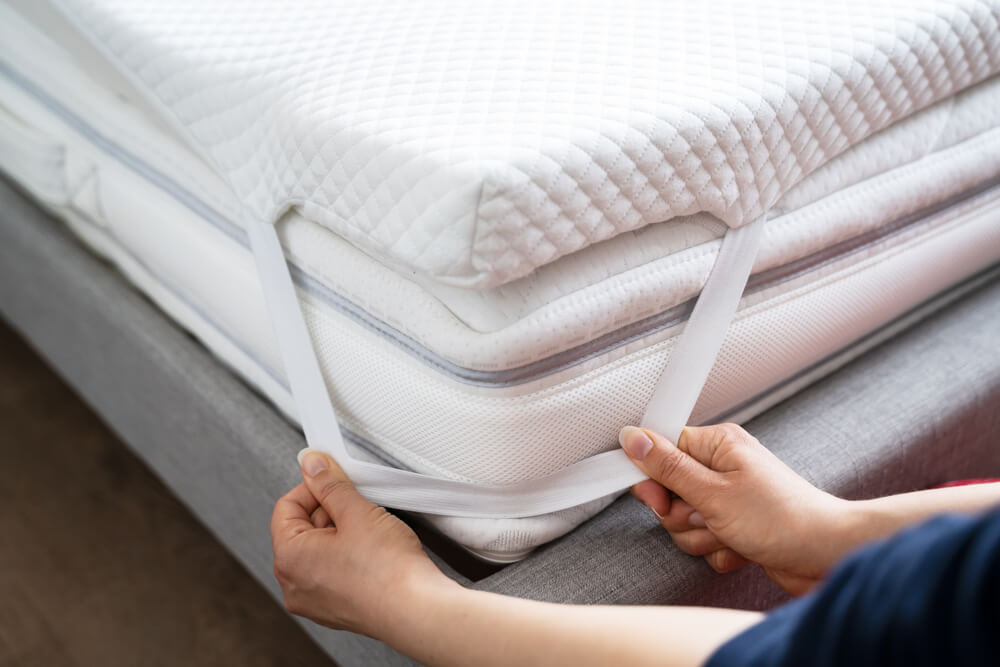1. How to Use Drain Cleaner in a Kitchen Sink
Drain cleaners can be a lifesaver when it comes to clearing clogs in your kitchen sink. However, using them incorrectly can cause more harm than good. Follow these simple steps to effectively use drain cleaner in your kitchen sink.
2. The Dos and Don'ts of Using Drain Cleaner in Your Kitchen Sink
Before using any type of drain cleaner, it's important to know the dos and don'ts. Do read the instructions carefully and wear protective gear. Don't use a plunger or other tools while the drain cleaner is in the sink, as this can cause dangerous chemical reactions.
3. The Best Drain Cleaners for Kitchen Sinks
When it comes to choosing the right drain cleaner for your kitchen sink, there are many options available. Some of the best drain cleaners include Drano Max Gel Clog Remover, Green Gobbler Drain Opening Pacs, and Instant Power Hair & Grease Drain Opener. These products are highly effective and can quickly dissolve tough clogs.
4. Why You Shouldn't Use Drain Cleaner in Your Kitchen Sink
While drain cleaners can be effective in clearing clogs, they also come with some drawbacks. The chemicals in drain cleaners can be harmful to your health and the environment. Additionally, repeated use of drain cleaners can damage your pipes and lead to more clogs in the future.
5. Step-by-Step Guide to Using Drain Cleaner in Your Kitchen Sink
If you've decided to use drain cleaner to clear a clogged kitchen sink, here's a step-by-step guide to help you:
Step 1: Read the instructions on the drain cleaner carefully and gather all necessary protective gear.
Step 2: Remove any standing water from the sink using a cup or bucket.
Step 3: Pour the recommended amount of drain cleaner into the sink. Be sure to pour it directly into the drain to avoid splashing onto your skin.
Step 4: Wait for the recommended amount of time for the drain cleaner to work. This can range from a few minutes to an hour depending on the product.
Step 5: After the recommended time has passed, run hot water down the drain for a few minutes to flush out any remaining residue.
Step 6: If the clog is still present, repeat the process or try a different drain cleaner.
6. Natural Alternatives to Using Drain Cleaner in Your Kitchen Sink
If you're looking for a more environmentally-friendly and safer option, there are natural alternatives to using drain cleaner in your kitchen sink. These include using a mixture of baking soda and vinegar, boiling water, or using a drain snake. These methods can be just as effective in clearing clogs without the use of harsh chemicals.
7. How to Prevent Clogs in Your Kitchen Sink
Prevention is always better than cure, and this applies to clogged kitchen sinks as well. To avoid having to use drain cleaner in the first place, try these tips:
- Dispose of food scraps properly. Avoid putting large amounts of food down the kitchen sink, as this can easily lead to clogs.
- Use a sink strainer. This will help catch any food particles and prevent them from going down the drain.
- Regularly clean your sink. This will prevent any buildup of grime or grease that can lead to clogs.
8. The Dangers of Using Chemical Drain Cleaners in Your Kitchen Sink
Chemical drain cleaners are not only harmful to your health, but they can also cause damage to your pipes and the environment. The chemicals can corrode your pipes and cause leaks, leading to costly repairs. They can also harm aquatic life when they enter water systems through drains.
9. How to Safely Use Drain Cleaner in Your Kitchen Sink
If you do decide to use drain cleaner in your kitchen sink, it's important to do so safely. Some tips to keep in mind include wearing protective gear, following the instructions carefully, and not mixing different types of drain cleaners. Always keep the product out of reach of children and pets.
10. Common Mistakes When Using Drain Cleaner in a Kitchen Sink
There are a few common mistakes that people make when using drain cleaner in their kitchen sink. These include pouring too much product down the drain, not waiting long enough for it to work, and using the wrong type of drain cleaner for the clog. Avoid these mistakes to effectively and safely use drain cleaner in your kitchen sink.
Why You Should Avoid Using Drain Cleaner in Your Kitchen Sink

Introduction
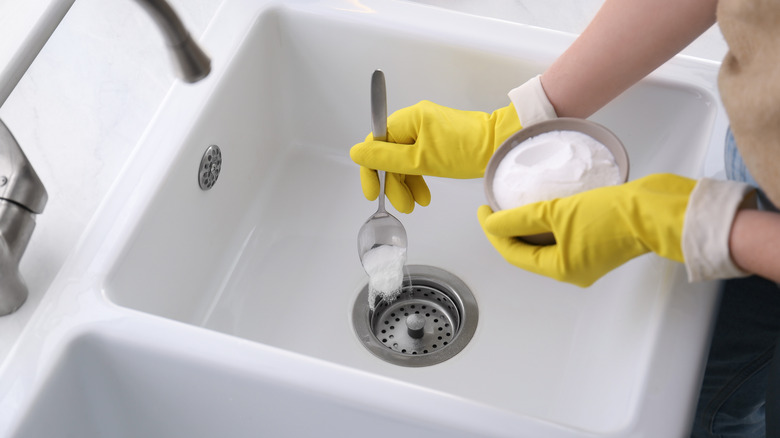 When it comes to keeping our homes clean and functional, we often turn to household products like drain cleaner to help us with tough clogs and buildup. However, using drain cleaner in our kitchen sinks may not be the best solution. In fact, it can cause more harm than good. Let's explore why you should avoid using drain cleaner in your kitchen sink and what alternative methods you can use.
When it comes to keeping our homes clean and functional, we often turn to household products like drain cleaner to help us with tough clogs and buildup. However, using drain cleaner in our kitchen sinks may not be the best solution. In fact, it can cause more harm than good. Let's explore why you should avoid using drain cleaner in your kitchen sink and what alternative methods you can use.
The Dangers of Drain Cleaner
:max_bytes(150000):strip_icc()/freshen-and-unclog-drain-with-baking-soda-1900466-22-bbf940b70afa4d5abef0c54da23b1d3f.jpg) While it may seem convenient to pour some drain cleaner down your kitchen sink to get rid of a clog, it can actually cause more damage than you realize. Most drain cleaners contain harsh chemicals that can corrode your pipes and cause them to weaken over time. This can lead to leaks and even burst pipes, resulting in costly repairs.
Not only can drain cleaners damage your pipes, but they can also harm the environment. These chemicals can seep into the ground and contaminate our water sources, affecting not only our health but also the health of our planet.
While it may seem convenient to pour some drain cleaner down your kitchen sink to get rid of a clog, it can actually cause more damage than you realize. Most drain cleaners contain harsh chemicals that can corrode your pipes and cause them to weaken over time. This can lead to leaks and even burst pipes, resulting in costly repairs.
Not only can drain cleaners damage your pipes, but they can also harm the environment. These chemicals can seep into the ground and contaminate our water sources, affecting not only our health but also the health of our planet.
Safe Alternatives for Unclogging Your Kitchen Sink
 Fortunately, there are safer and more eco-friendly alternatives to using drain cleaner in your kitchen sink. One option is to use a plunger to try and dislodge the clog. This method is effective for smaller clogs and does not require any harsh chemicals.
Another option is to use a homemade solution of baking soda and vinegar. Simply mix equal parts of these two ingredients and pour it down your drain. The chemical reaction will help break down any buildup and clear your pipes without causing harm.
Fortunately, there are safer and more eco-friendly alternatives to using drain cleaner in your kitchen sink. One option is to use a plunger to try and dislodge the clog. This method is effective for smaller clogs and does not require any harsh chemicals.
Another option is to use a homemade solution of baking soda and vinegar. Simply mix equal parts of these two ingredients and pour it down your drain. The chemical reaction will help break down any buildup and clear your pipes without causing harm.
Preventing Clogs in Your Kitchen Sink
 Of course, the best way to avoid using drain cleaner in your kitchen sink is to prevent clogs from happening in the first place. This can be done by being mindful of what you put down your drain. Avoid pouring grease, oil, and large food particles down your sink as they can easily cause clogs. You can also use a mesh strainer to catch any food scraps before they go down the drain.
Of course, the best way to avoid using drain cleaner in your kitchen sink is to prevent clogs from happening in the first place. This can be done by being mindful of what you put down your drain. Avoid pouring grease, oil, and large food particles down your sink as they can easily cause clogs. You can also use a mesh strainer to catch any food scraps before they go down the drain.
Conclusion
 Using drain cleaner in your kitchen sink may seem like a quick and easy solution, but it can have long-term consequences for your pipes and the environment. By being aware of the dangers of drain cleaner and using safer alternatives, you can keep your kitchen sink clog-free without causing any harm. Remember to always be mindful of what you put down your drain and take preventative measures to avoid clogs in the first place.
Using drain cleaner in your kitchen sink may seem like a quick and easy solution, but it can have long-term consequences for your pipes and the environment. By being aware of the dangers of drain cleaner and using safer alternatives, you can keep your kitchen sink clog-free without causing any harm. Remember to always be mindful of what you put down your drain and take preventative measures to avoid clogs in the first place.
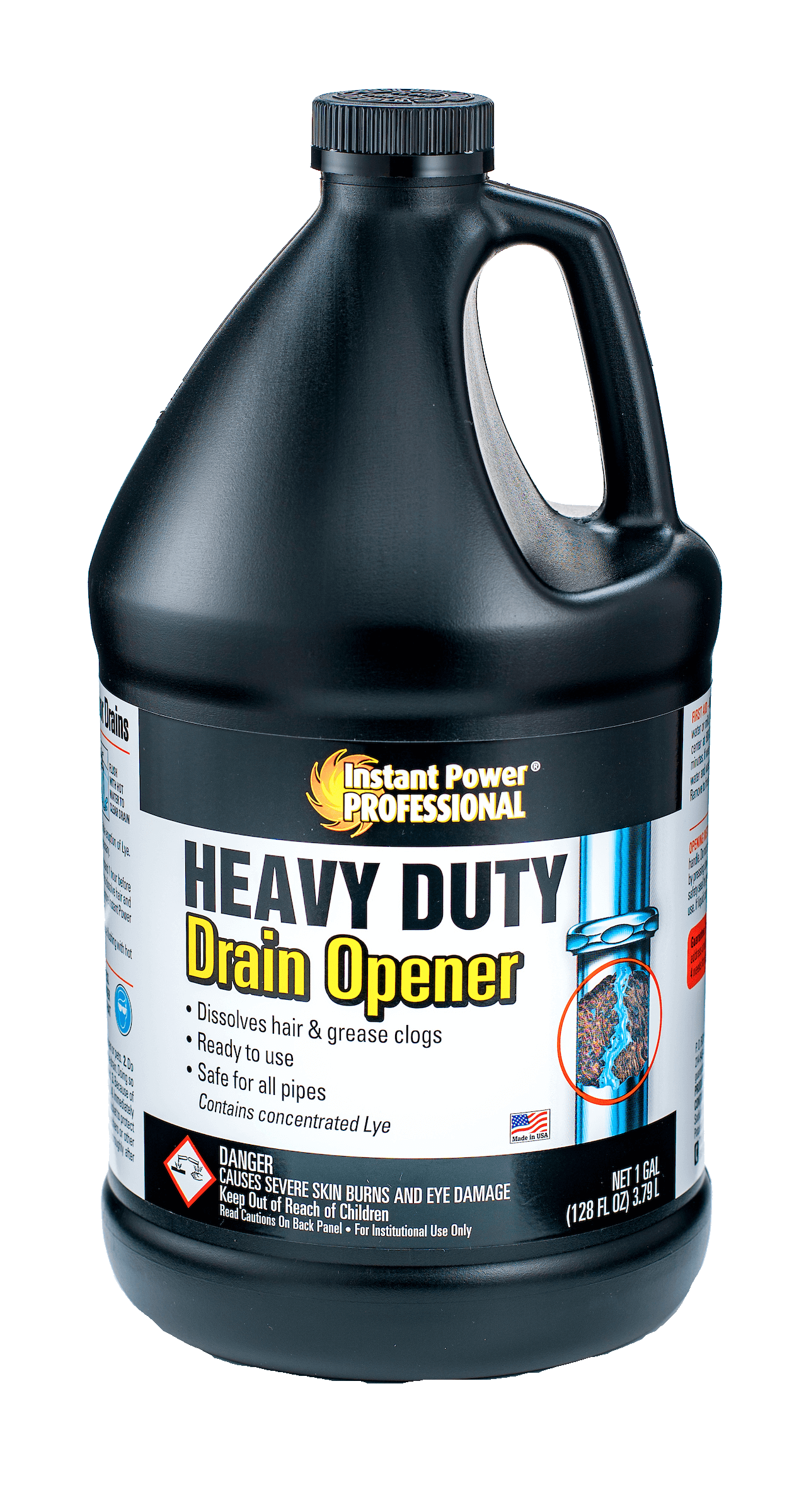



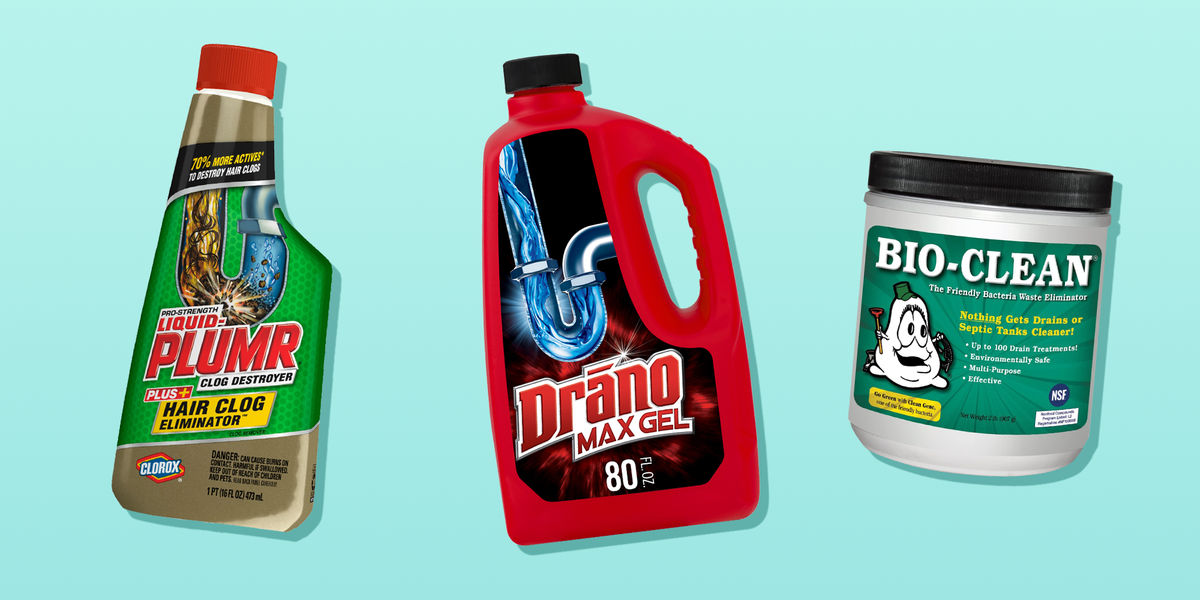



:max_bytes(150000):strip_icc()/homemade-drain-cleaner-2718784_01_1041-09a5264ba2a34698816e62a385f0895f.jpg)




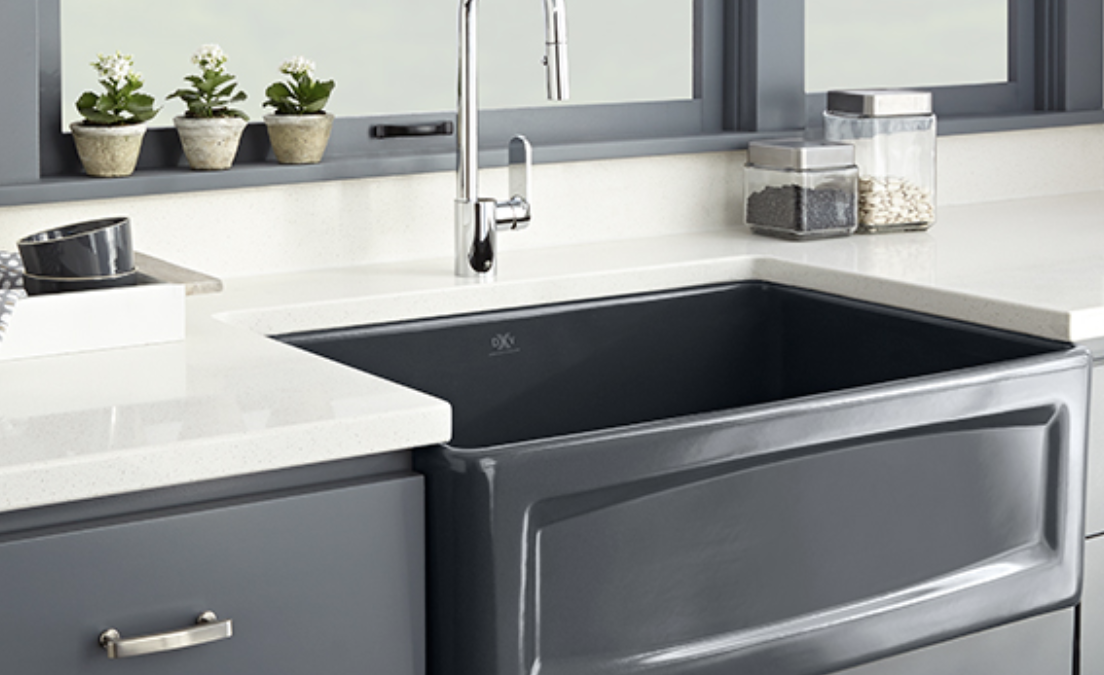

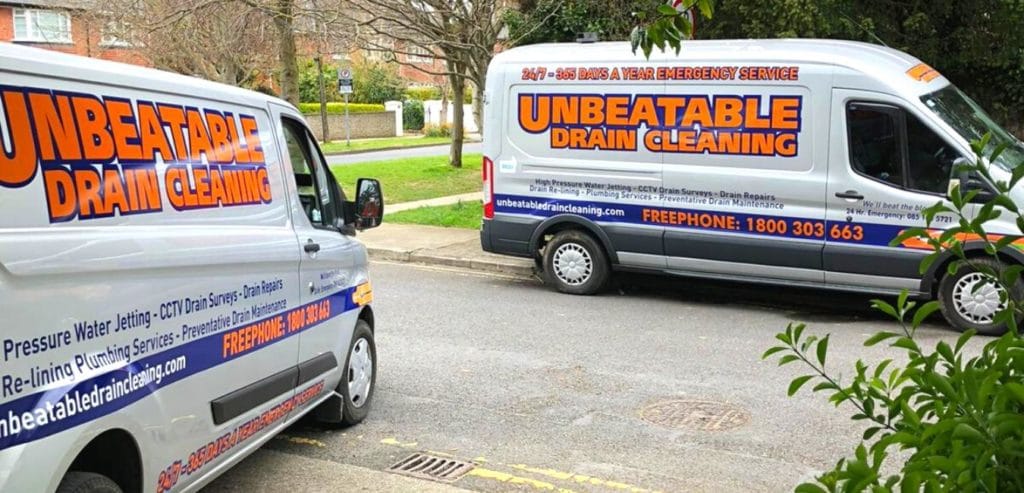
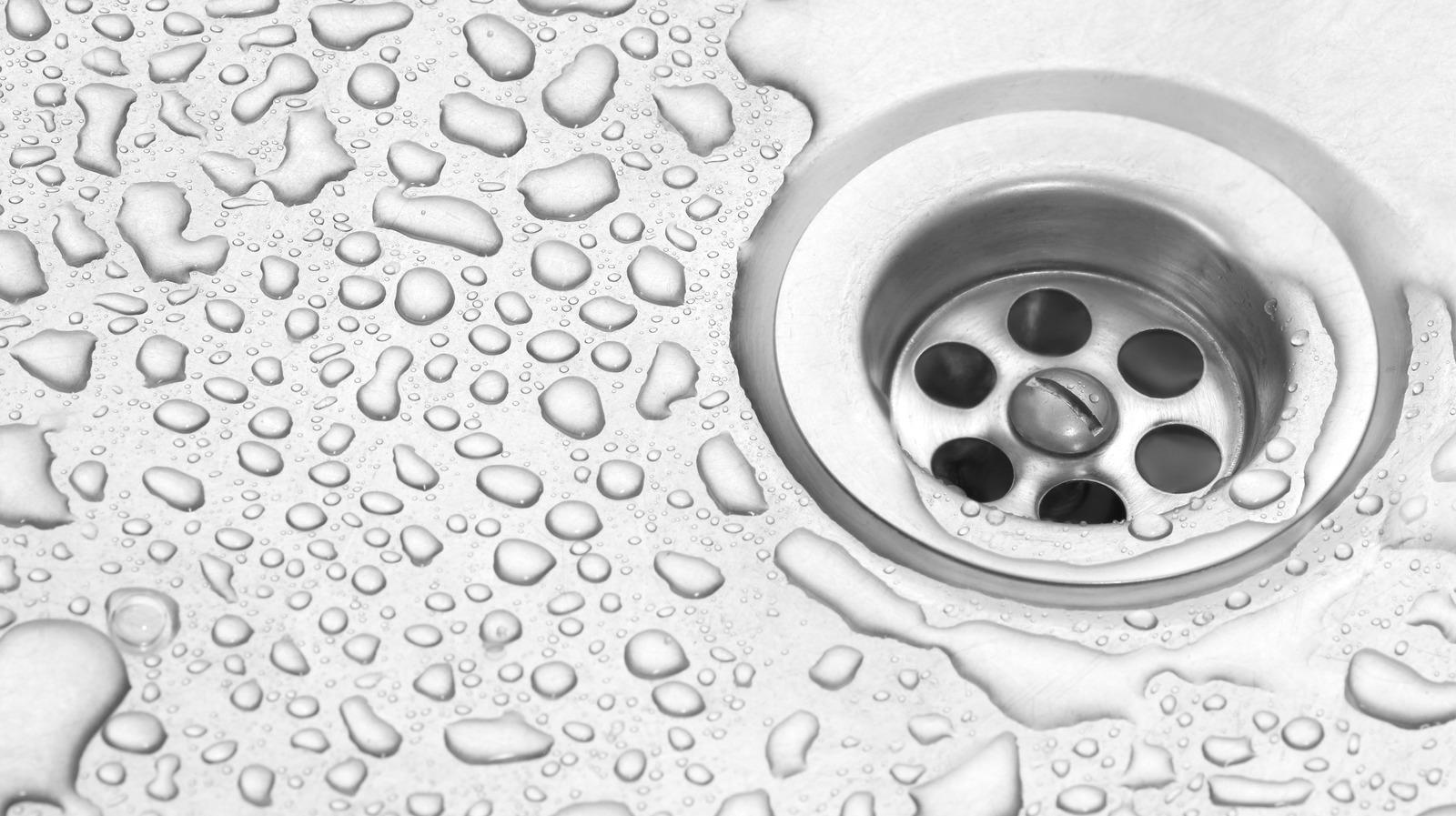

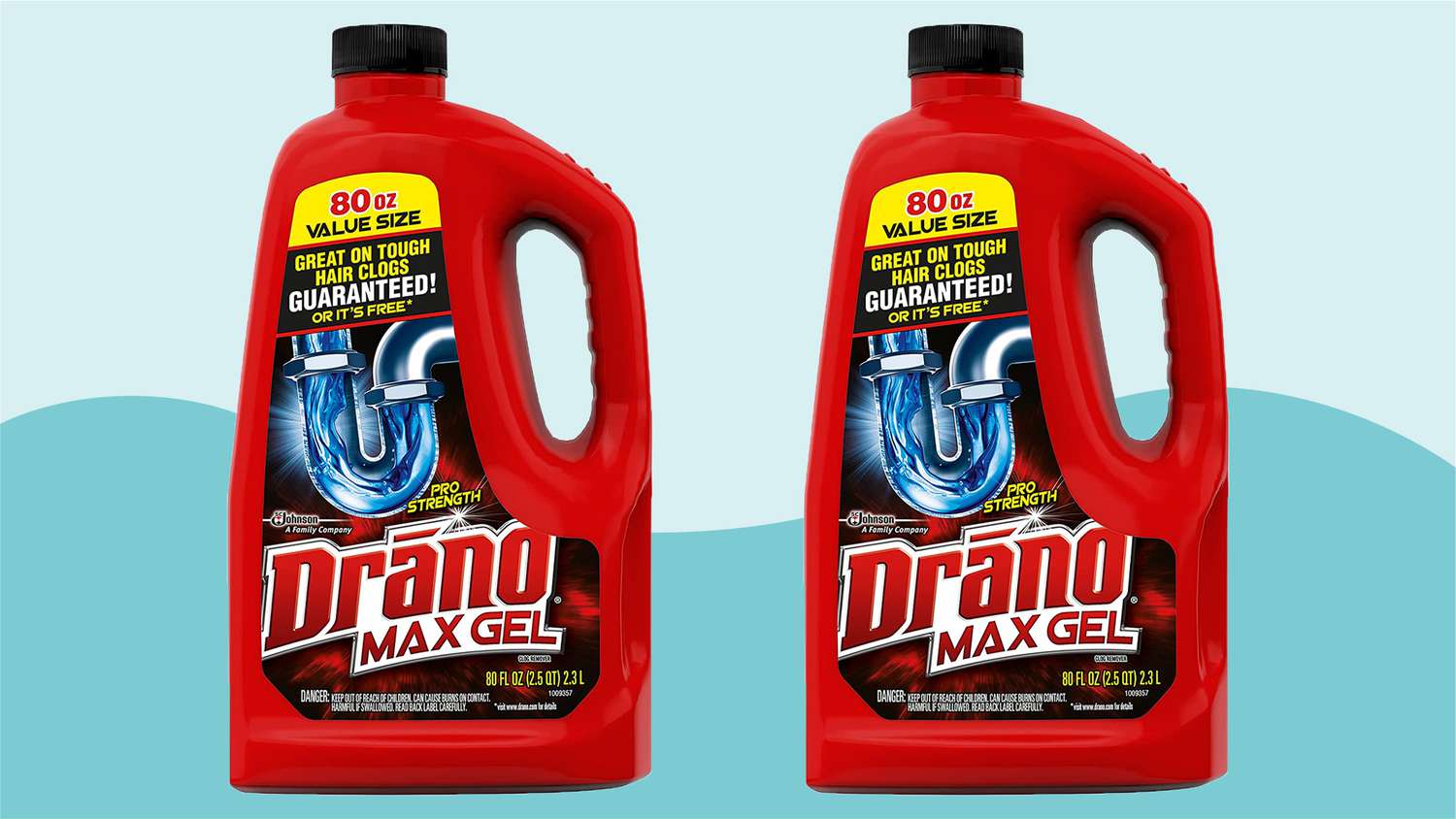



:max_bytes(150000):strip_icc()/Drano-Drain-Clog-Remover-6fbb140fe7ef4673881d15c32eba6fc9.jpg)



:max_bytes(150000):strip_icc()/how-to-install-a-sink-drain-2718789-hero-24e898006ed94c9593a2a268b57989a3.jpg)
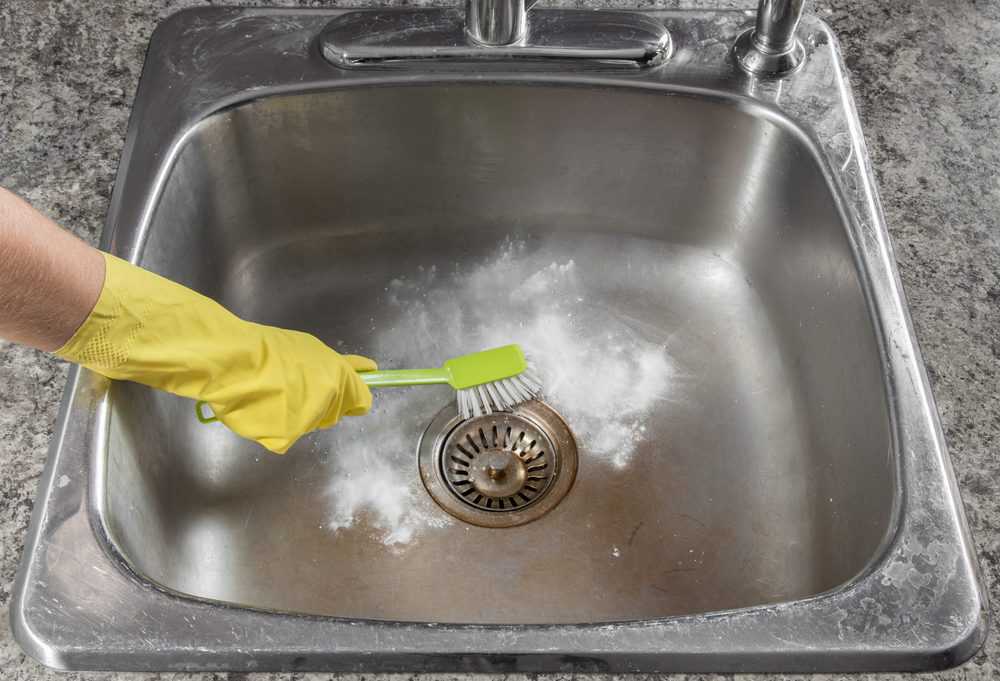

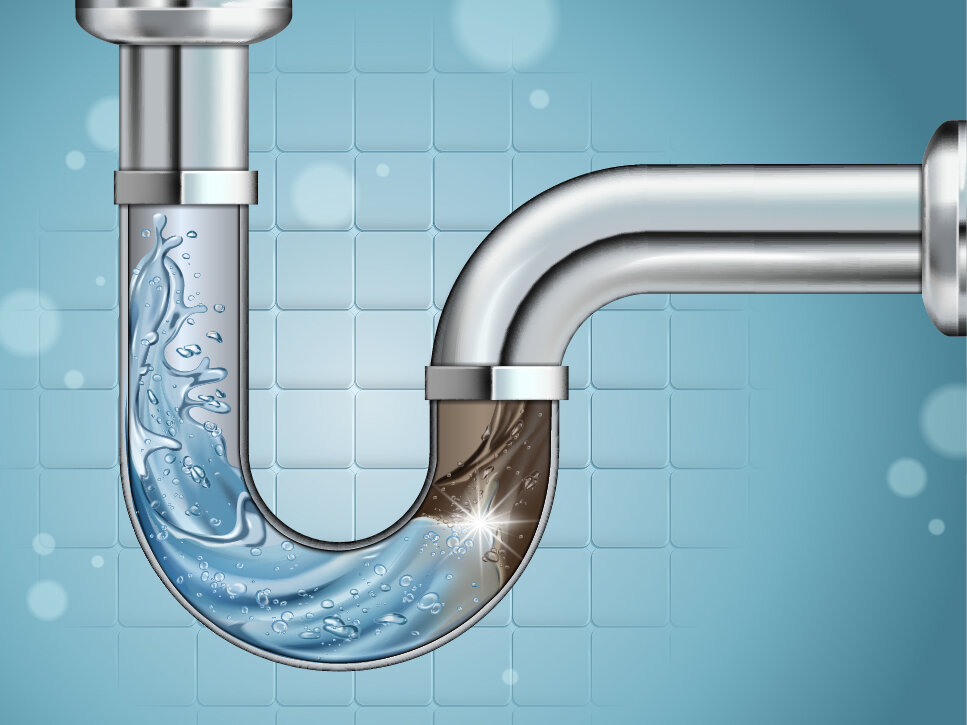

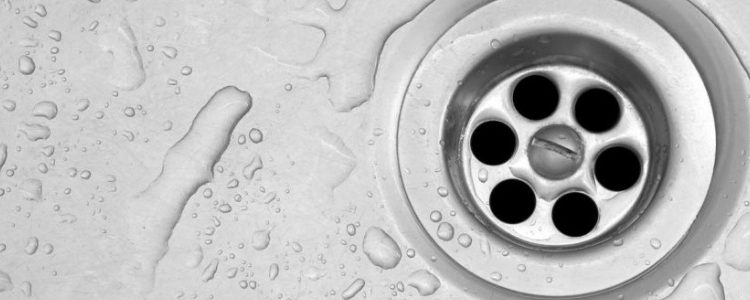
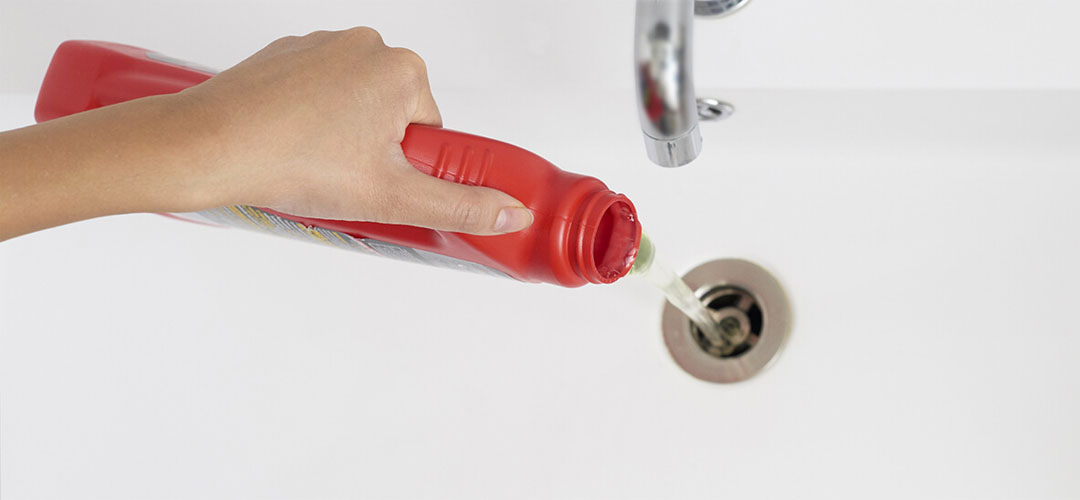





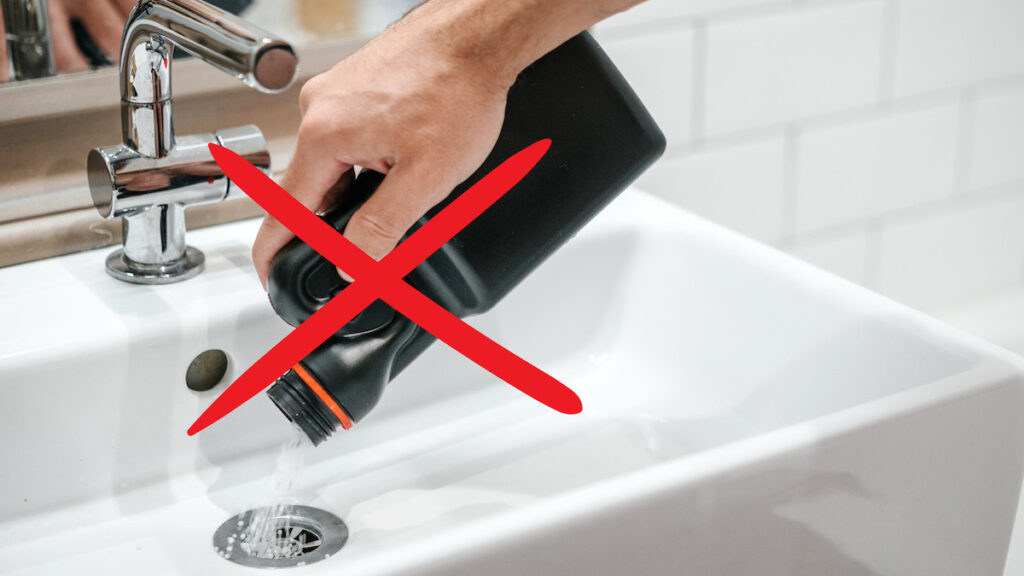
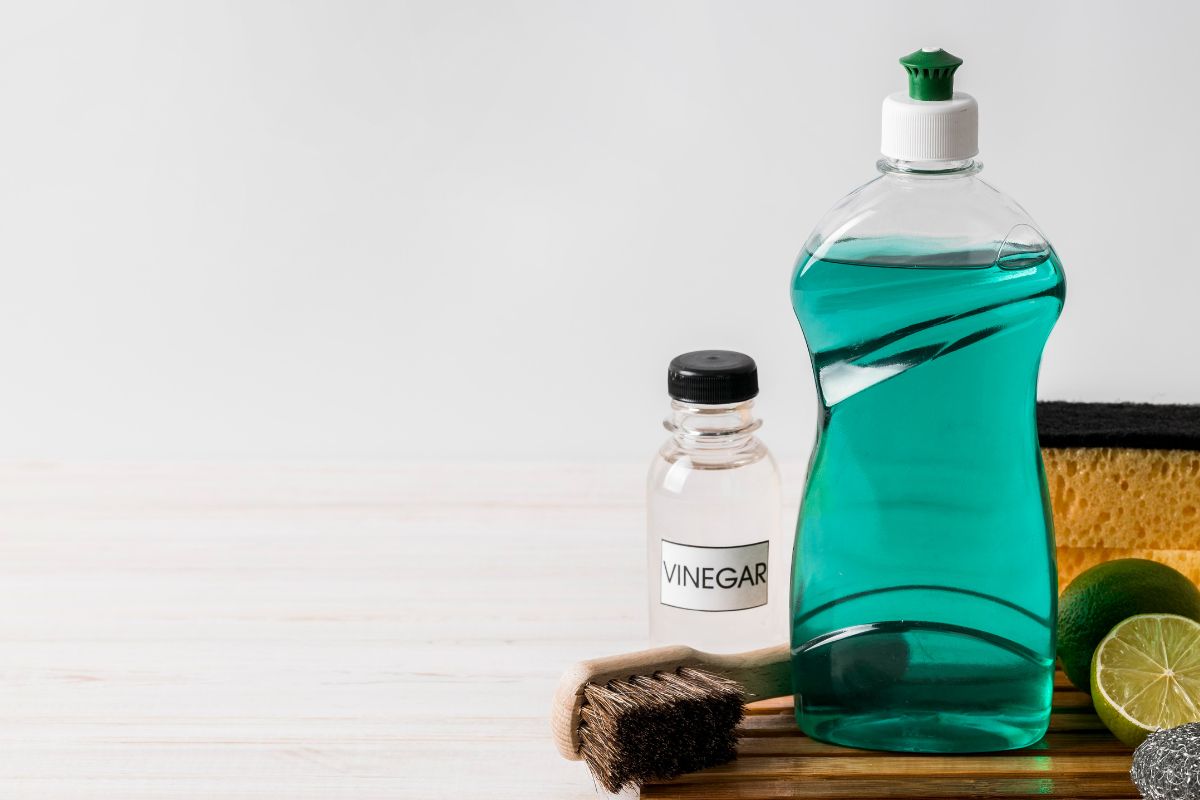
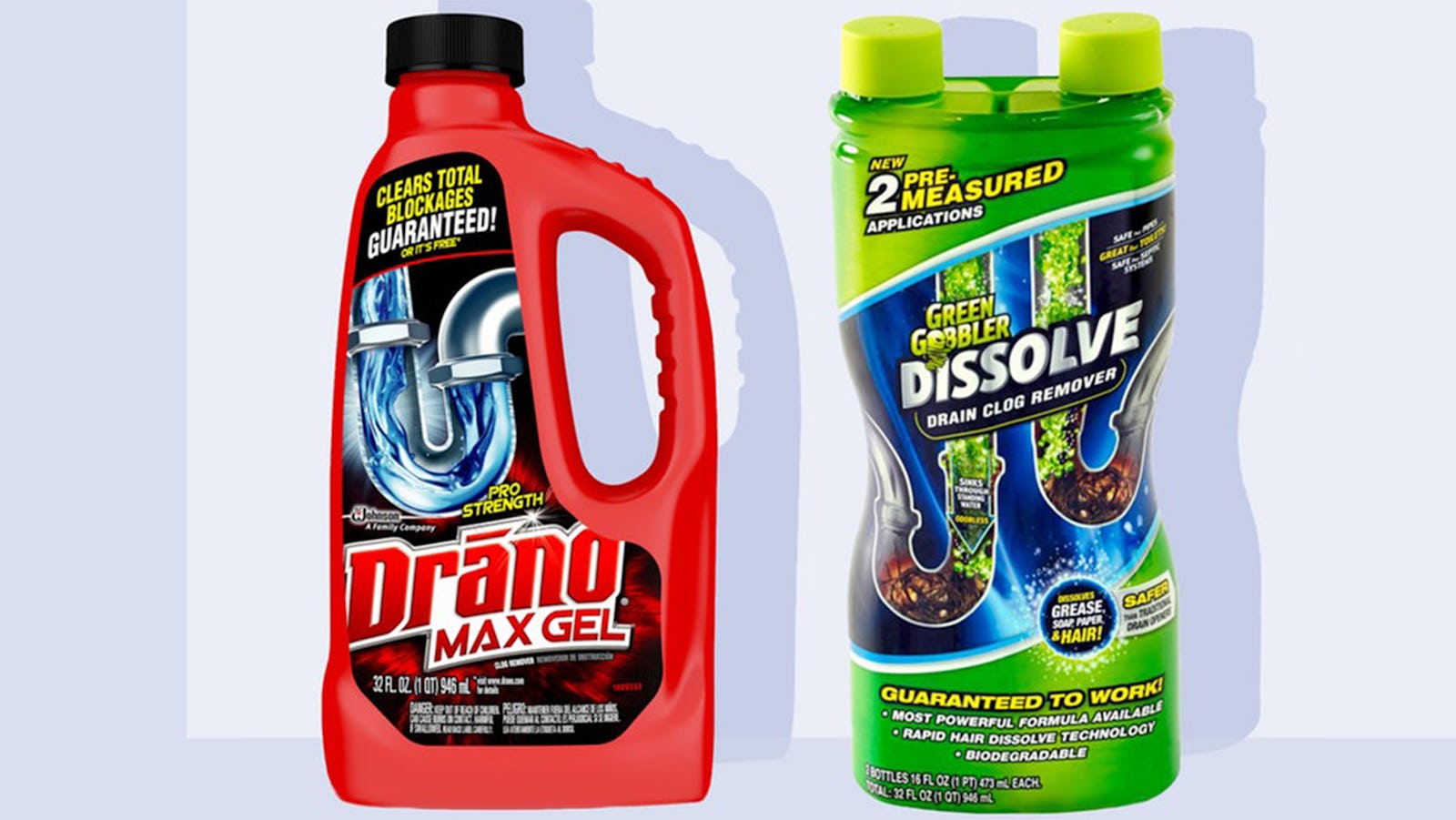
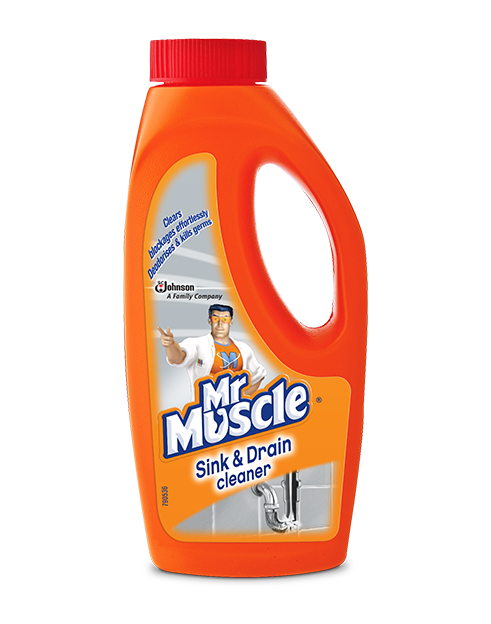



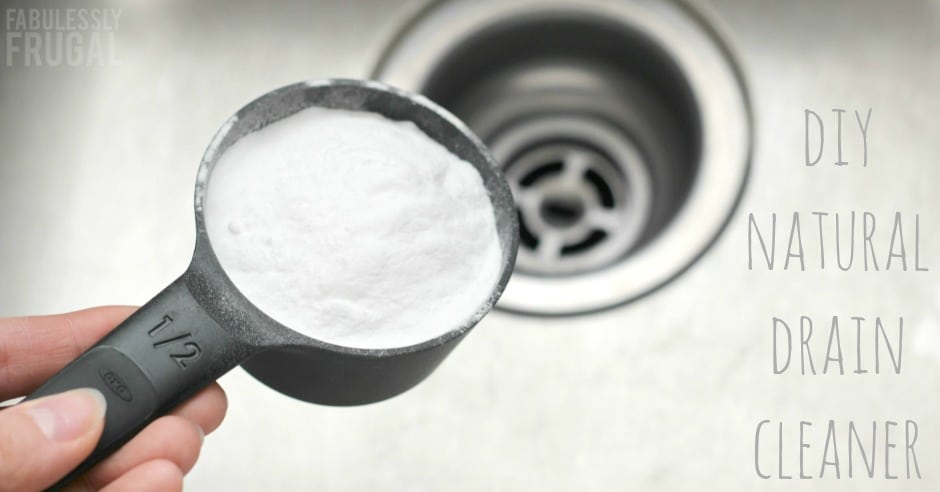
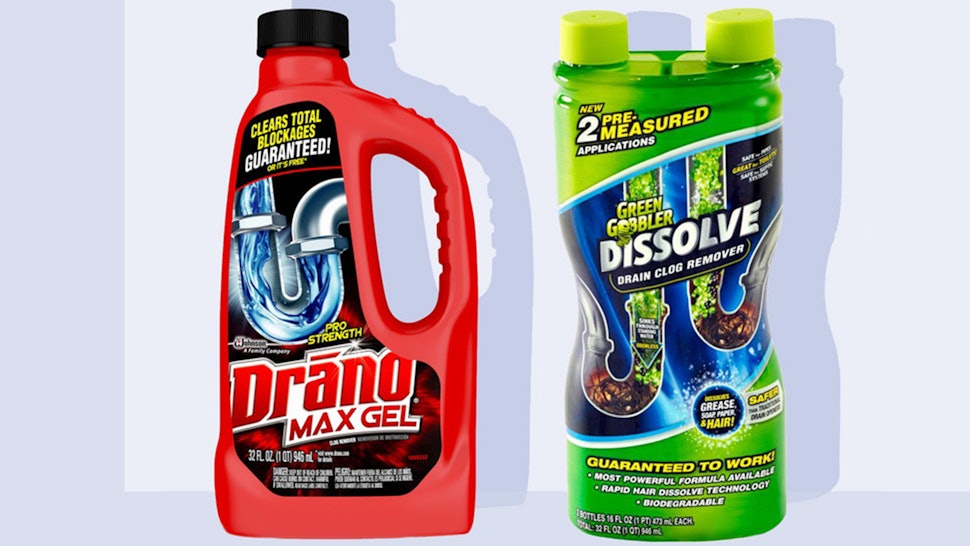








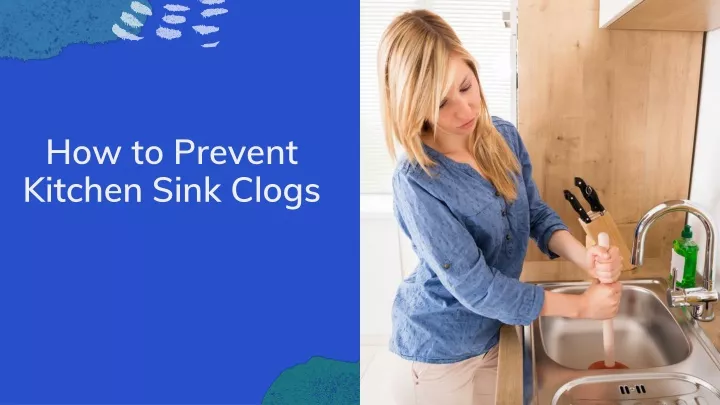
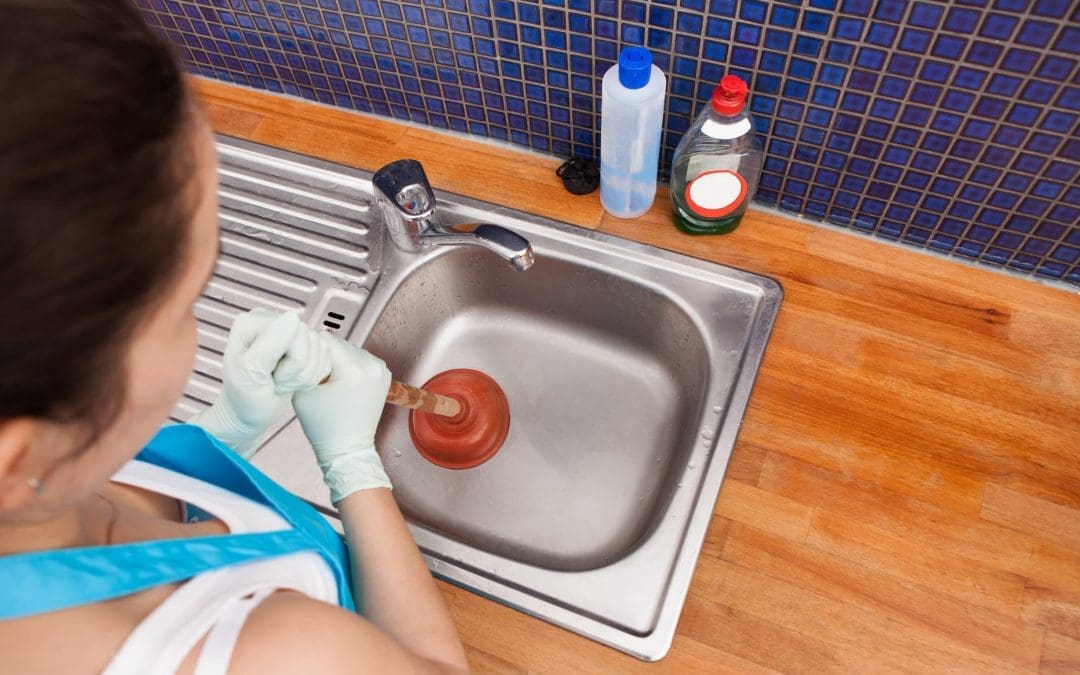




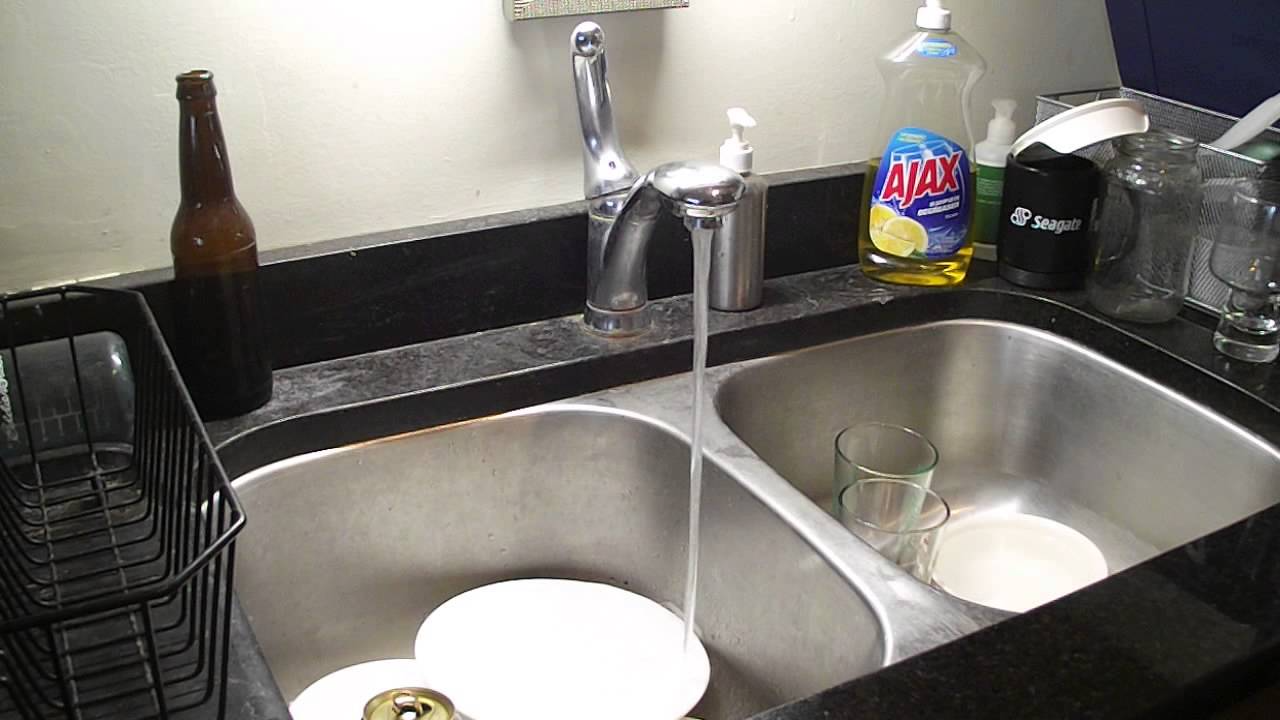



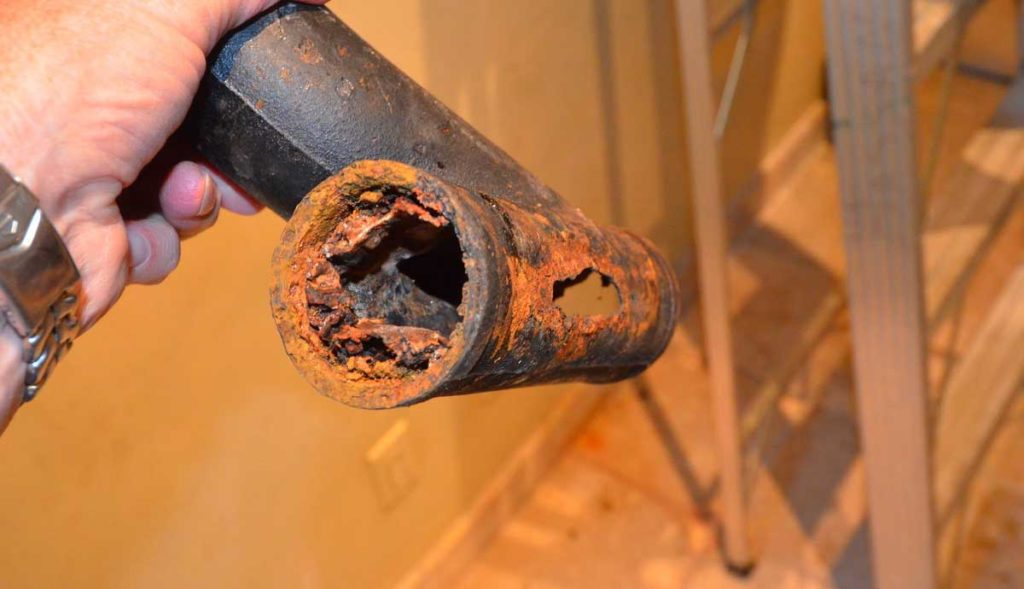


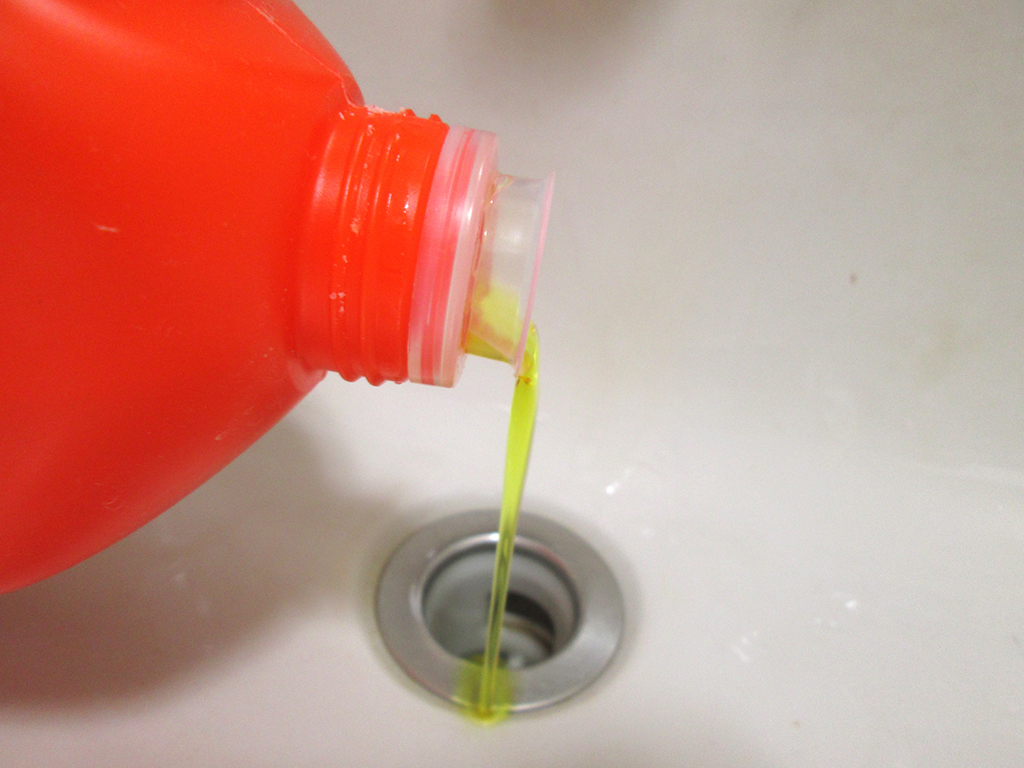

.jpg)



